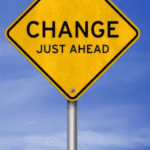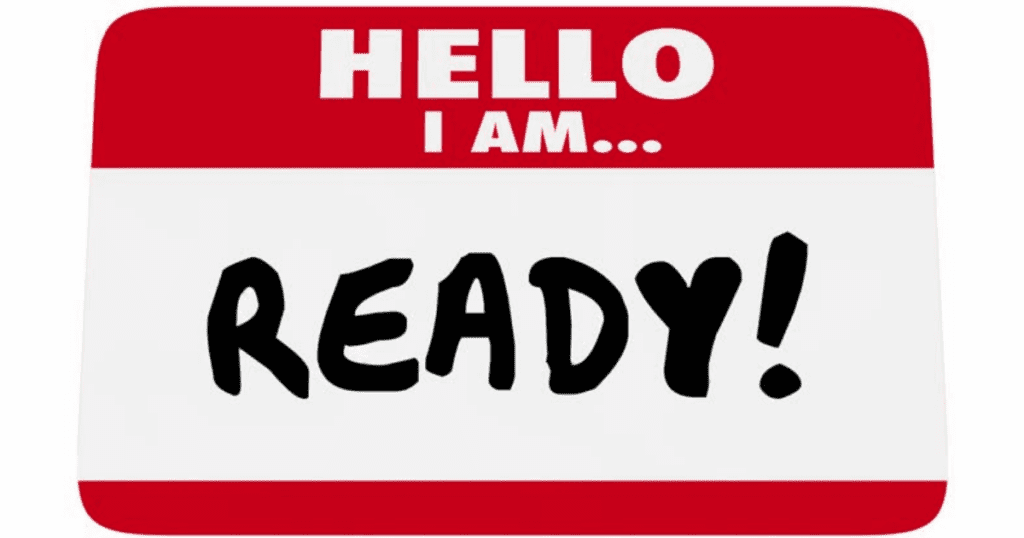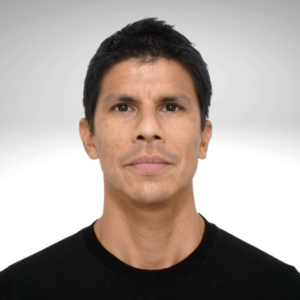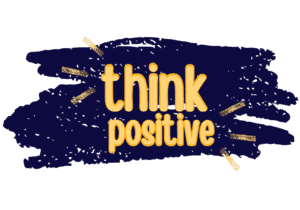How to begin a healthy lifestyle: Never underestimate curiosity
Behavioral change may not be as easy as you expect it to be. Lots of people wish to improve their lives, but do not take immediate action. If this sounds familiar, consider asking yourself a few questions so that you can take the first steps in understanding how to begin a healthy lifestyle:
- How willing am I to change?
- And can I make it happen?
Let's go over a simple way to know if it is your moment to evolve.
To discover even more questions to ask yourself, connect with Fernando.
The call to change: should I answer it? (Your first task when learning how to begin a healthy lifestyle)
At some point in your life, I bet most of you have said to yourselves:
"I want to lose a few extra pounds."
"I need to eat healthier."
"Getting better sleep would be a good idea."
"I could exercise more."
Or any other phrase that points towards a healthier life. Am I right?
Perhaps you have been wondering about how to change a bad habit, but you're not sure that you'll be able to make it happen. So what are you to do after all that thinking? Are you going to do something about it? Chances are, the idea just sits in the back of your mind. If that's the case, don't worry, you are not alone!
Life happens! I understand! All of us have responsibilities: demands from work, family, friends, and a plethora of unnumbered issues that occur day by day. However, there are different steps you can take to ensure you are ready to make a change in your life.
Here is a list of questions you may be asking yourself. Think of them as tips for a healthier lifestyle, which will help you to approach the healthy change you've been thinking about. (This is the REALLY Method, and it works well.)
Do I REALLY need it?
Do I REALLY want it?
Can I REALLY make it?
Can I REALLY keep it?
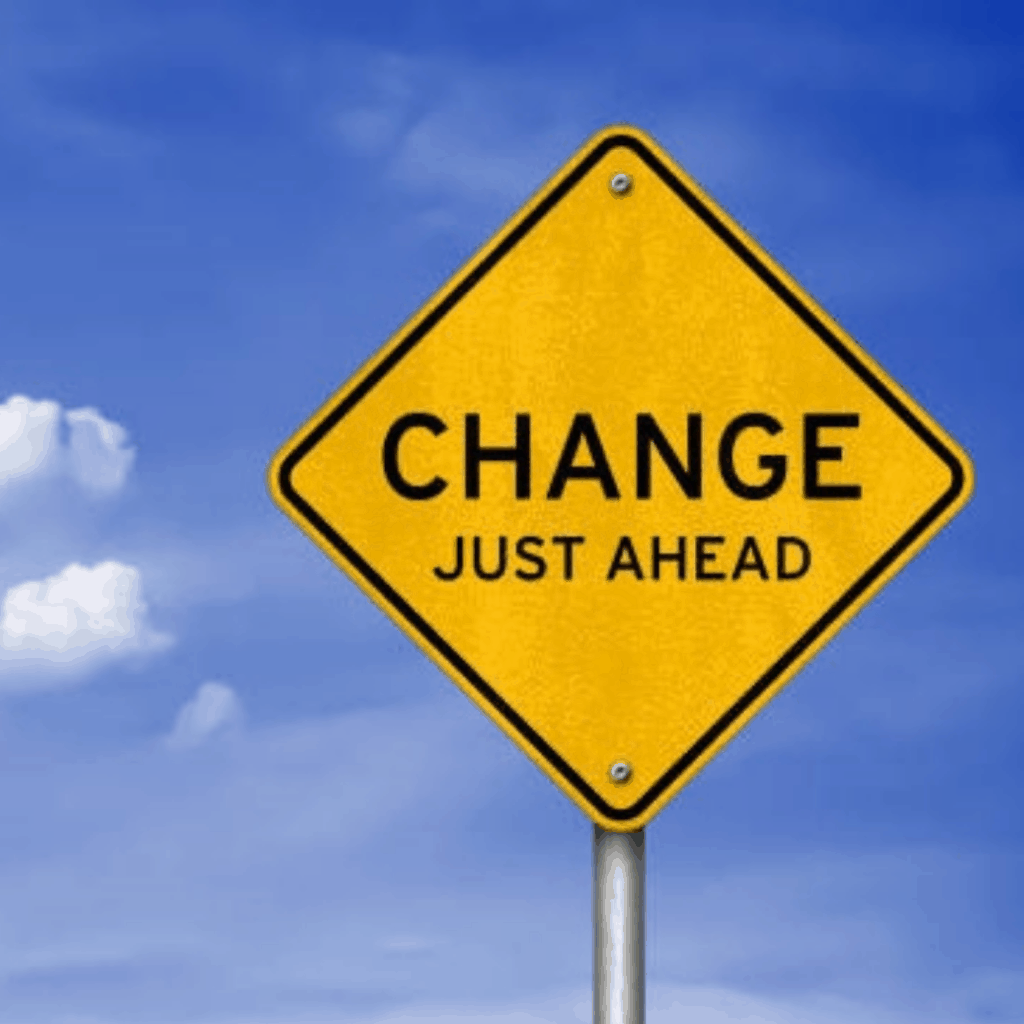
Do you REALLY need it?
The first thing you have to evaluate is whether you REALLY need to make that change. Do not take this question lightly or think of it as an easy answer to disregard. It could be the beginning of an internal revolution. Your answer is legitimate.
Find the reasons why you need to change. Whether it is for health, aesthetics, performance, or because it will make you and those around you happier, touching ground with all the good reasons to change will give you the foundations to take the first step.
For example, you may want to improve your sleep, so you ask yourself:
"Do I REALLY need to get more quality sleep?"
And you notice that you:
- can't focus during work because you are yawning
- can't enjoy a day out during the weekends because you want to sleep all Saturday and Sunday
- keep arriving late at your 6:00 am gym class because you keep snoozing after the alarm buzzes 5 times…
Then YES, you need to get more quality sleep.
Do you REALLY want it?
So, what if you REALLY need to change… but you don’t feel like it? This is one big question, and a real game-changer once you dial into your answer.
There could be many reasons why you want to keep the status quo. Your life may be too stressful, and you fear that adding one more thing to worry about could be the final drop that spills the glass. Perhaps you are afraid that you may fail in your attempt, and you hate failing. Maybe you feel like this change could threaten your current identity.
Whichever reason you have, put it in words and confront it. You can write your reason down on paper and focus on it for a moment, then breathe and just let it sink in. You might be surprised to find that this mighty and strong reason from the dark side of your mind blocking your path can fall like a house of cards once you shed some light on it.
An example may look like this:
"Do I REALLY want to stop drinking that sweet-flavored soda with each meal?"
Well, perhaps you do NOT wish to fully stop having your favorite drink entirely, but you may be willing to start by switching one glass at a time. Small changes can lead to bigger ones. You can negotiate with yourself a little to find out what you are genuinely ready to change.
Can I REALLY make it?
Once you know what you need and want, it is time to see if you can make it happen. These tips for a healthier lifestyle require an evaluation of your resources.
- What skills do you have?
- How is the environment where you live, work and/or study?
- What is your available budget?
- Is there anything that is lacking?
- What do you need to do to make things happen? What can you do about it?
Perhaps you’ll need to learn new things, like cooking, how to lift weights without getting hurt, or how use meditation to unwind and relax. You might have to relearn some things that you probably thought happen automatically, like chewing and breathing.
Maybe your environment is holding you back. You may need to fill your refrigerator with vegetables, reorganize your kitchen, change where you usually eat, clean your desk, start using a bike to get to work on some days, or even move to a better neighborhood.
Take note of all of this, then start with one small step at a time. Big things can come out of small actions, so don’t get overwhelmed by the biggest thing you need to do. Instead, start with the simplest things. When you approach it that way, you'll begin to realize that you CAN make it, little by little.
An example looks like this:
"Can I REALLY eat healthy on a budget?"
Well, yes, you can. You don’t need to go to an all-organic whole foods market with products from food artisans. Instead, your local market can be a good source of healthy food that fits your budget.
Maybe your neighbor or your "old Aunt Mary" has some good advice on where to go and find fresh fruits and vegetables. All you need is to look a little beyond your regular locations, and you will find out how to eat better without spending much more.
Can I REALLY keep it? Will this change my life around?
So, you made it! You were able to start a new behavior! Now all you need to do is make it a habit. Easy, right?
Well, this is a crucial part where you must use everything you've learned so far to keep that change you have been working for.
Consistency is key here!
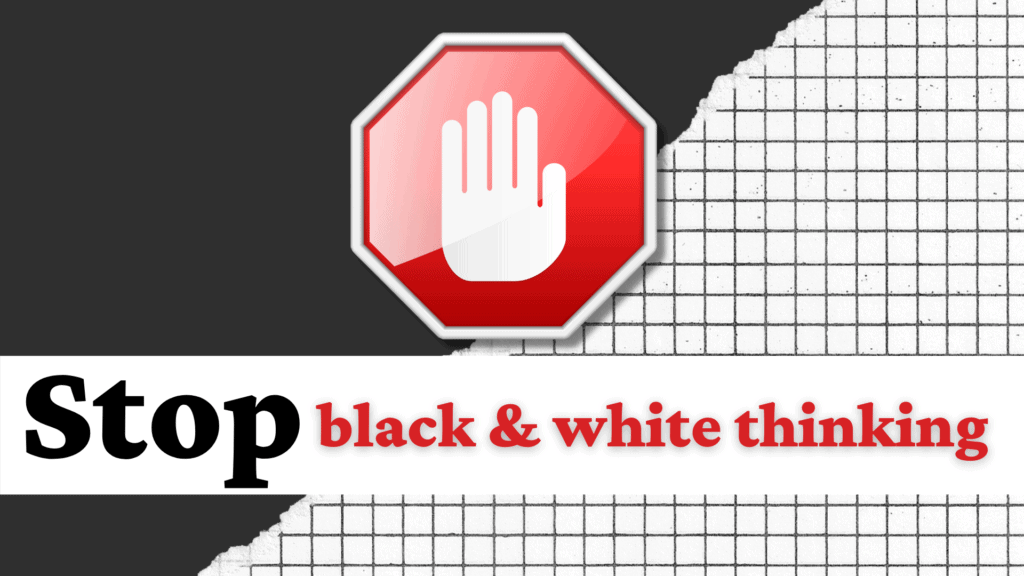
One thing to consider: Stop the “black or white” way of thinking.
Be aware that you may not keep this new healthy behavior 100% of the time.
For example,
- Sleep 5 hours instead of 8 one night because you want to take your spouse to the airport for a 5:00 am flight is OK.
- Drinking a beer or two with friends to celebrate a birthday on a Saturday night is OK.
- Having ice cream with your daughter to cheer her up because the dog broke her favorite toy is OK.
If you feel like you are sacrificing too much, you will soon stop doing that new healthy behavior you just started. First, however, make yourself accountable and get back on track. Consistency means passing through obstacles, getting up after falling, and following the road to your goals.
It does not mean being perfect, it means dealing with your imperfections.
Each decision you make is a choice to keep you on track or take you off track, because you are offered the chance to rewrite your less-than-stellar choices all the time. Failure doesn't have to hold you back.
An example:
"Can I REALLY eat slowly at every meal?"
Probably not, but you can probably do that 7 out of 10 times.
At first, it might even be less than that.
Still, keep it up. Maybe put a reminder on your dining table or your fridge door. You could try a short “ritual” before sitting to eat so you can calm down a little. What about setting your fork and knife down after taking a bite? Whatever works for you, just keep doing it until it becomes ingrained. Slowly, your new and irregular action will become a habit... just give it time.
The Trick: Find a “Yes”
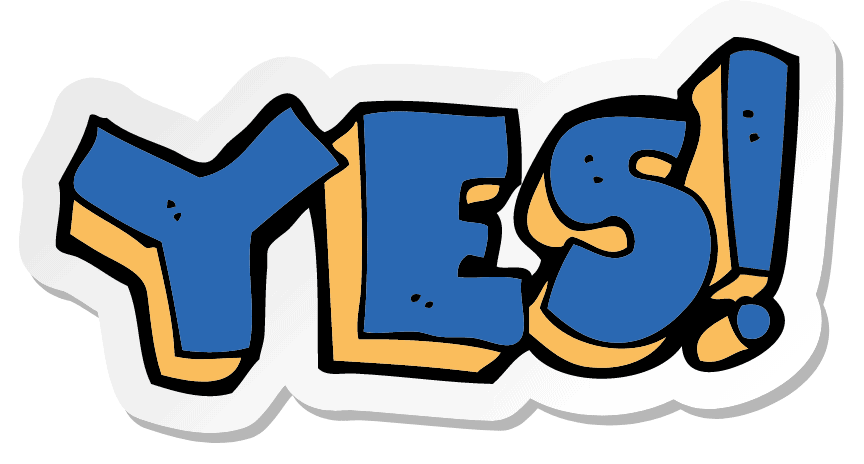
The above questions are meant to probe yourself. In the beginning, you may answer “no” to one of them. Part of the journey is to find the “yes” to that question. Confronting your obstacles is essential, so finding and exposing them plays a significant role in your mindset. It's harder to tackle something you can't see, right?
Creating conscious connections between what you need and what you want is a powerful way to start your approach to behavioral change. Then, go deep to find your motivators.
Knowing what is required of you to make it, and to keep your actions aligned, is essential to creating a habit that will last forever with little ongoing effort.
Big changes require incremental steps. Be prepared to learn new things and to progress with baby steps. Though this may feel like you “should” be doing more or it’s going too slowly, baby steps require a specific type of mental toughness. Routine and practice might sound boring, but consistency always produces results.
A piece of advice: Get some support
A few rare people can make it on their own without help from others. However, most of us need some support from friends, family, coworkers, etc. Our surroundings can even make a difference.
Be open to clearly defining your goals. Ask for help. All these steps will assist you in taking the next action needed. Wanting to change could require some guidance, so you can begin to take these first steps. A good coach can be a very valuable part of your journey.
Forge your willingness to change
Here are three pieces of advice to help you forge a mindset that keeps you wanting to change and grow towards a better version of yourself:
- Explore the reasons why wanting to change is important to you. What you want and what you need should unite for you to be ready to take the first step.
- Be aware of what you will have to do to make that change. Gather your resources, find new ones if needed, and take action.
- Consistency will be your greatest ally. You do not need to be perfect in what you do; you just need to keep doing it. It will get easier as time passes by.
Now you know!
Whenever you can answer “yes” to the four questions of the REALLY Method, then you know you truly want to change and you will feel ready, willing, and able to do the tasks that will move you toward creating a healthier lifestyle. At first you may not know how to respond, but the journey will start as soon as you find your “yes” to each of the questions.
There are a ton of great coaches who can support you on your journey toward better health. Check out the directory of coaches, accountability and guidance are a click away.
Fernando Cuellar is an independent personal trainer who helps people to feel empowered to change and, through fitness training, learn how to confront their own difficult situations. Find other articles written by Fernando on his coach profile. He will help you shift to a healthier life with different approaches to discover more about yourself, and how you can get your list of health-related goals fully ticked.

